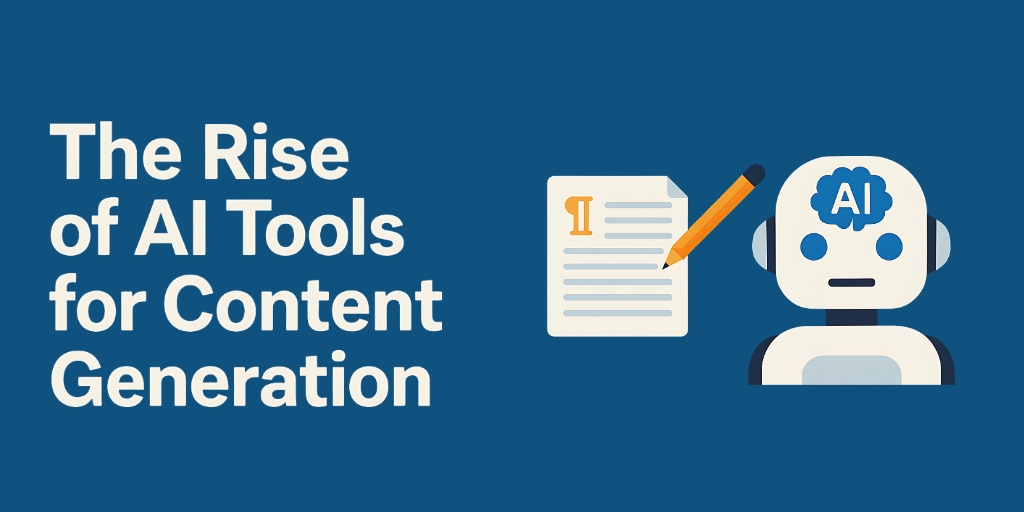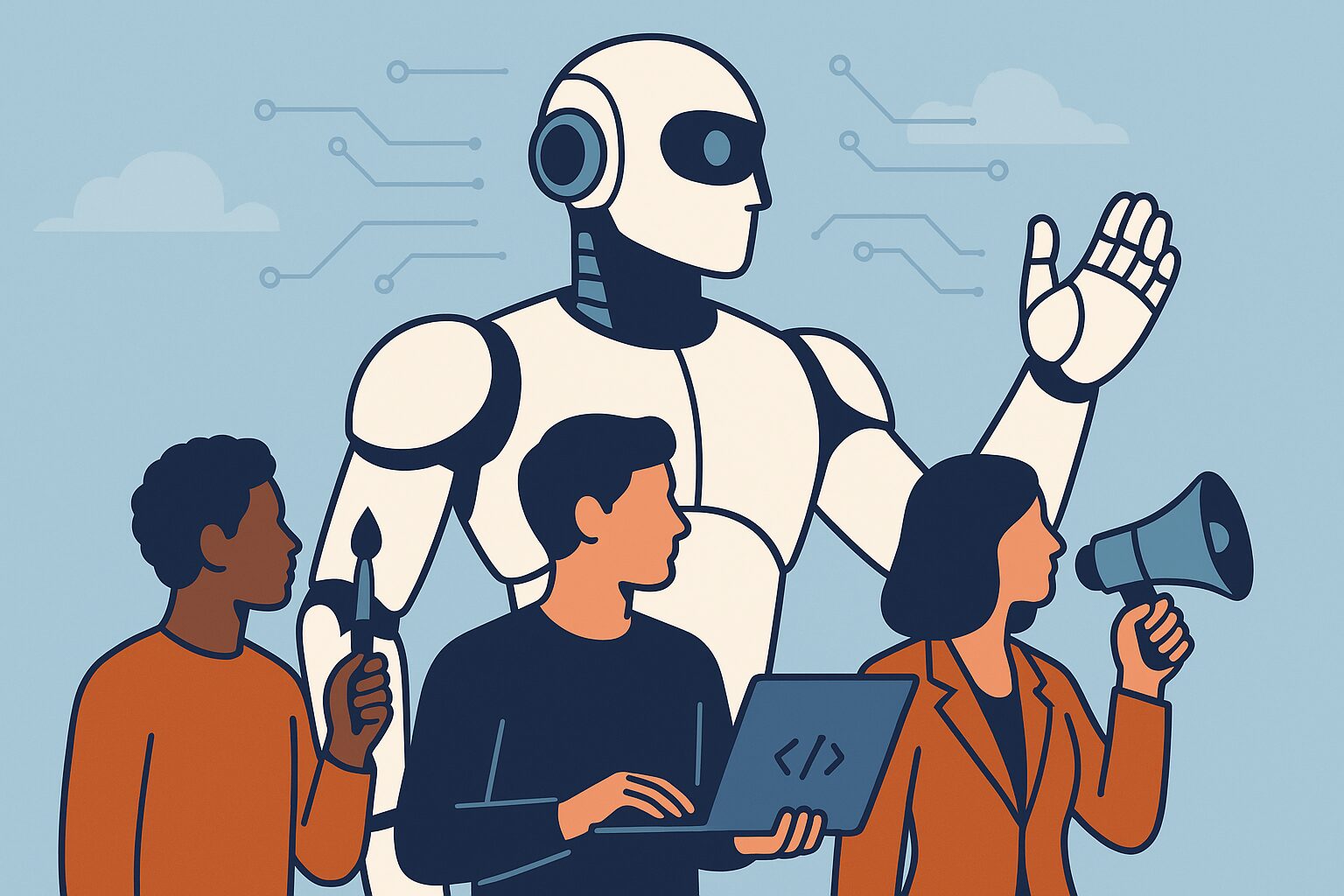In recent months, the landscape of creative content generation has been transformed by the introduction of advanced AI tools. These innovations are designed to assist creators, marketers, and businesses in producing engaging content more efficiently, allowing them to keep pace with the fast-moving digital world.
Key Takeaways
-
AI tools streamline content creation, making it faster and more efficient.
-
Platforms like Quso.AI offer features for video editing, social media management, and analytics.
-
New AI tools are emerging specifically for niche markets, such as personal injury law.
The Emergence of AI Tools
The rapid advancement of artificial intelligence has led to the development of various tools aimed at enhancing creative processes. One notable example is Quso.AI, an all-in-one platform that helps users transform long videos into short, engaging clips suitable for social media. This tool automates posting and provides insights into content performance, making it invaluable for content creators.
Features of Quso.AI
Quso.AI offers a range of features that cater to different aspects of content creation:
-
AI Caption Generator: Automatically generates engaging captions tailored to the content.
-
Video Editing Tools: Simplifies the editing process by automating tasks like trimming and resizing.
-
Social Media Management: Allows users to schedule and publish posts across multiple platforms seamlessly.
-
Analytics Dashboard: Provides insights into engagement and performance metrics to optimize content strategy.
These features are particularly beneficial for social media managers, small business owners, and marketing agencies looking to enhance their online presence without the burden of manual content creation.
Specialized AI Tools for Niche Markets
In addition to general content creation tools, specialized AI applications are emerging to serve specific industries. For instance, Supio has launched an updated Document Intelligence platform tailored for personal injury lawyers. This platform includes AI-powered tools for analyzing medical documents and drafting demand letters, streamlining processes that are typically time-consuming and complex.
The Impact of AI on Creative Industries
The integration of AI tools into creative workflows is not just about efficiency; it also opens up new possibilities for creativity. By automating repetitive tasks, creators can focus more on ideation and strategy. Furthermore, AI tools can analyze trends and predict content performance, enabling users to make data-driven decisions that enhance engagement.
Conclusion
As AI technology continues to evolve, its impact on creative content generation will likely expand. Tools like Quso.AI and Supio are just the beginning of a trend that promises to revolutionize how content is created, managed, and optimized. For creators and businesses alike, embracing these innovations could mean the difference between keeping up with the competition and falling behind in the fast-paced digital landscape.




